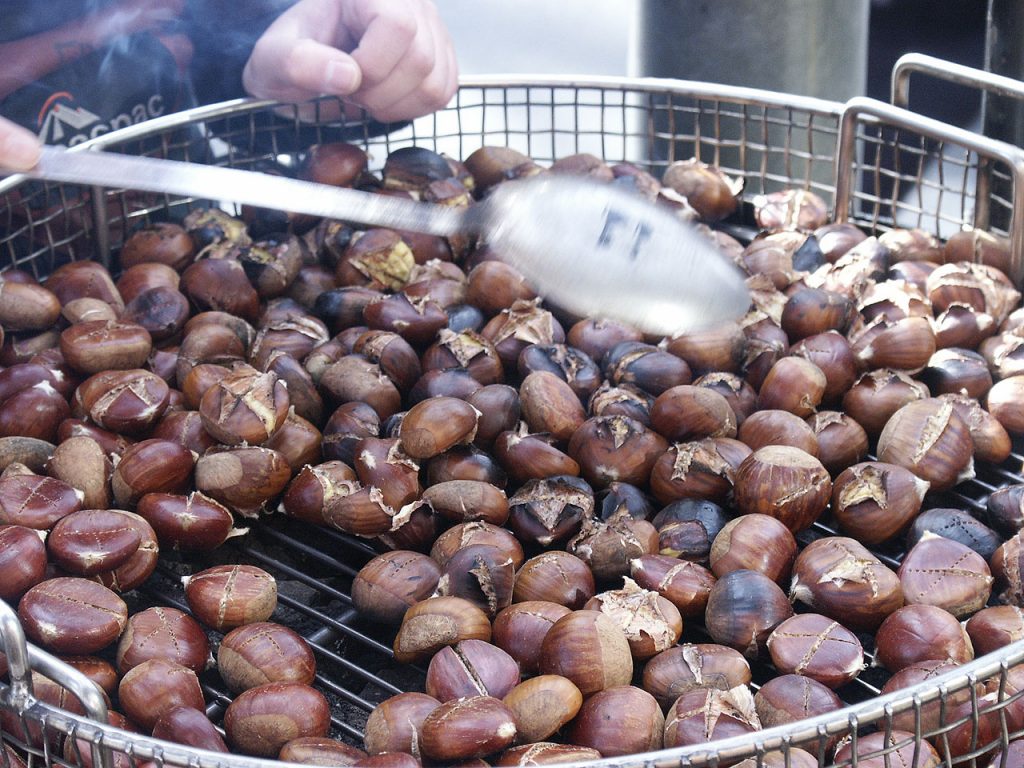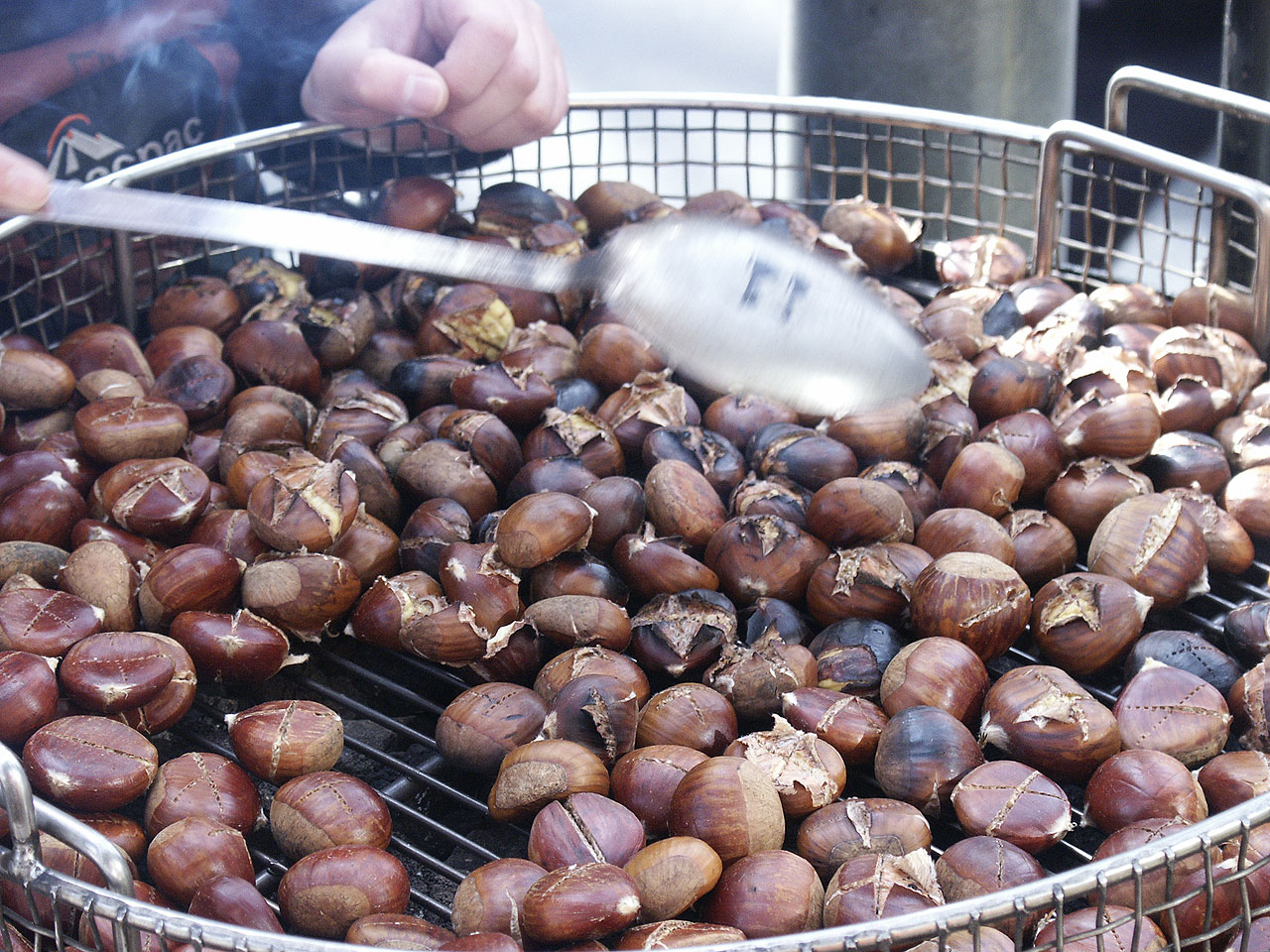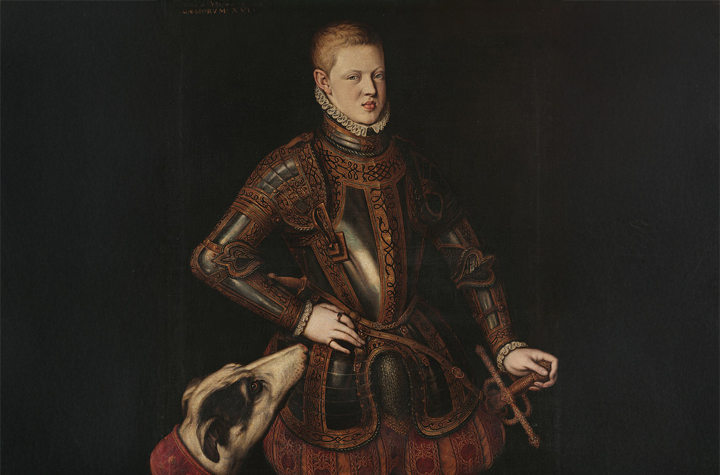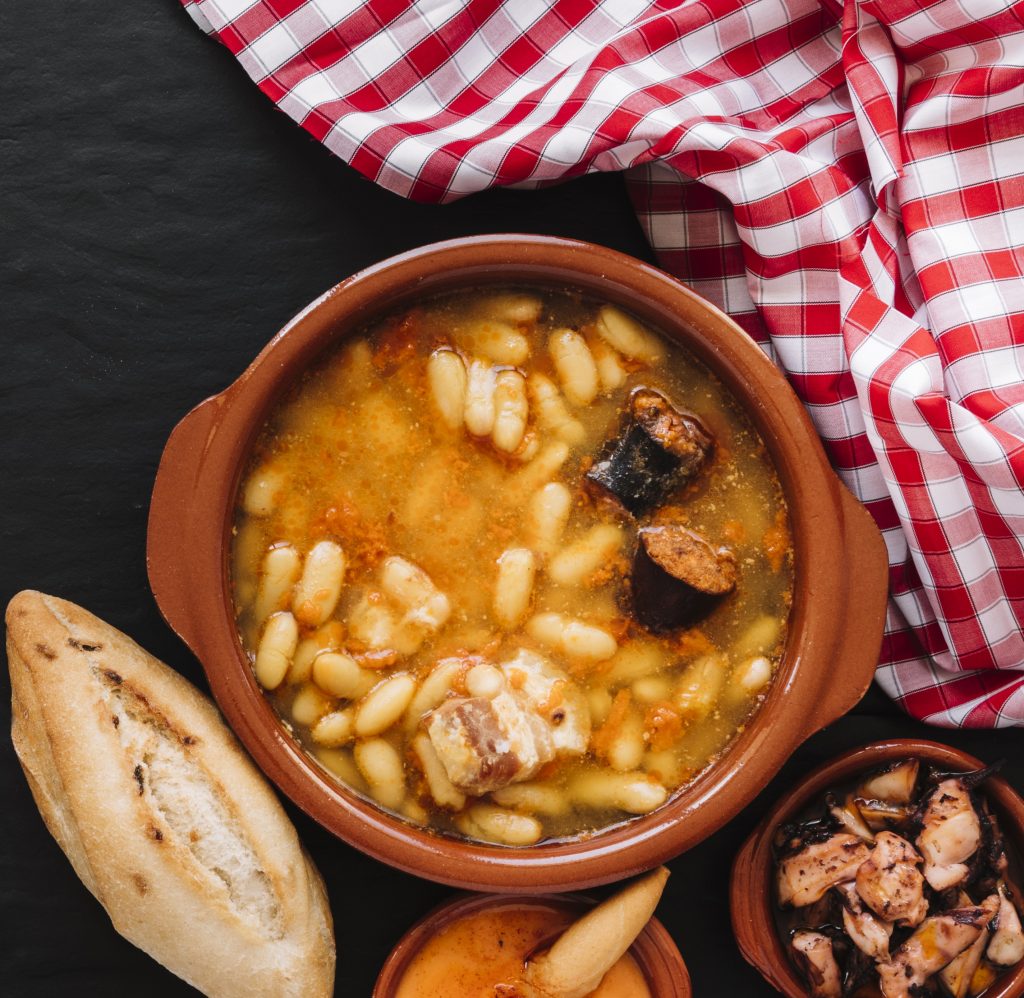São Martinho, celebrated in Portugal on November 11th, is one of the most cherished autumn traditions in the country and is deeply rooted in Portuguese culture and rural life. This celebration honours Saint Martin of Tours, a Roman soldier turned monk, known for his act of charity in sharing his cloak with a beggar during a snowstorm. This act of kindness is symbolically connected to the tradition of sharing food and drink. According to Portuguese folklore, the day is often associated with the Verão de São Martinho (Saint Martin’s Summer), a period of warm and sunny weather that occurs around this time, despite the typical cold of November.
The most iconic aspect of São Martinho is the magusto, a communal gathering where people roast chestnuts over open fires. Families and friends come together to enjoy these roasted chestnuts, often accompanied by new wine, known as vinho novo, a fundamental part of the celebrations. This wine is made from the most recent harvest and is traditionally tasted for the first time on São Martinho. Jeropiga, a sweet and strong alcoholic beverage made from grape must and aguardente, is also very popular.
São Martinho is a communal event, emphasizing social bonds and the sharing of food and drink. In urban areas, although traditional bonfires might be less common, people still celebrate it by enjoying roasted chestnuts sold by street vendors and participating in local festivities organized by communities and municipalities. São Martinho remains an exciting and joyful celebration in Portugal, blending ancient traditions with contemporary practices and highlighting the importance of community, sharing, and appreciation of the season’s harvest.




